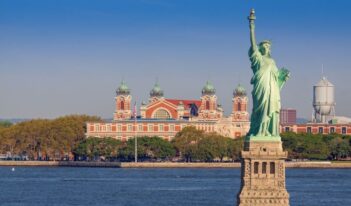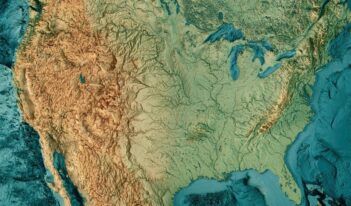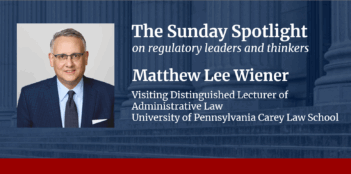How Can Regulators Prepare for a Quantum Leap in Technology?
Scholars explain the need for regulating quantum technologies and propose guiding principles.
Close to Where the Wild Things Are
Scholar argues that policymakers should consider the needs of those living around protected wilderness areas.
“Regulating” Instead of “Regulation”
Scholar argues that regulation should be thought of as a verb, because regulating well demands dynamic and ongoing effort.
Reintroduced No FAKES Act Still Needs Revision
Revisions to proposed federal legislation fail to protect the public and ensure individual control over digital replicas.
To Prompt a Butterfly. On the Traceability of AI-Generated Creations
Generative artificial intelligence must be regulated across jurisdictions to address traceability.
Antitrust as a Remedy for Discrimination
Scholar advocates using antitrust law to remedy discrimination against immigrant workers.
Revising the Origins of Immigration Exceptionalism
Scholar challenges the history of judicial deference to federal immigration law and policy.
NCAA Athletes’ Right to Privacy in the Digital Age
Scholar urges Congress to enact legislation to protect NCAA athletes’ biometric data.
Judicial Remedies After CASA
After the Supreme Court tamps down on nationwide injunctions, future pathways and questions still remain.
Improving the Administrative State
Matthew Lee Wiener discusses his career in public service and current challenges facing the administrative state.
Collecting U.S. Nationals’ Electronic Data Without a Warrant
Scholars propose reforms to address privacy concerns under Section 702 of the Foreign Intelligence Security Act.
Lessons for Deference From the Telephone Consumer Protection Act
The Supreme Court reinforces and expands its 2024 ruling in Loper Bright.












